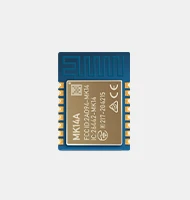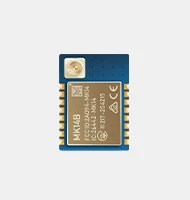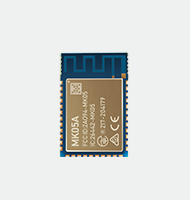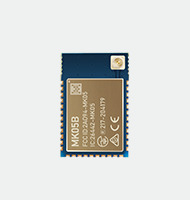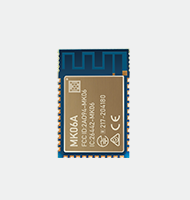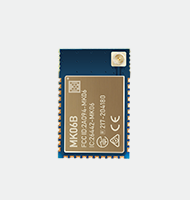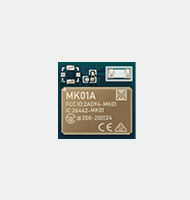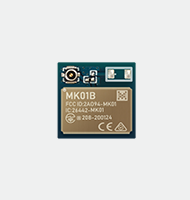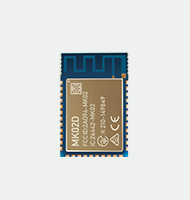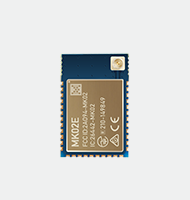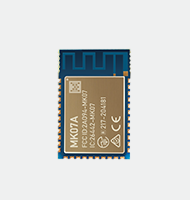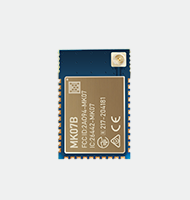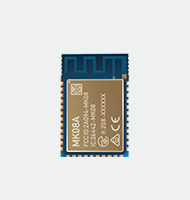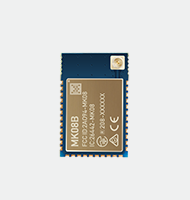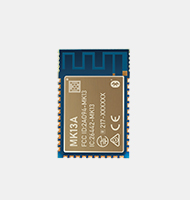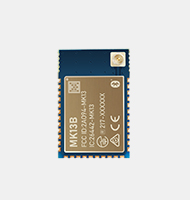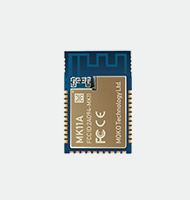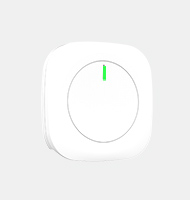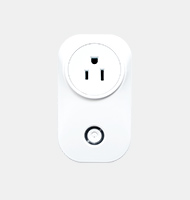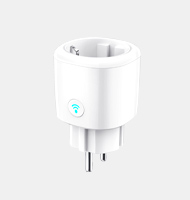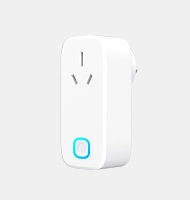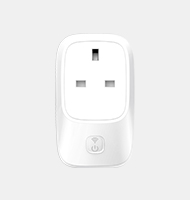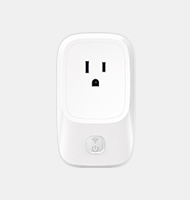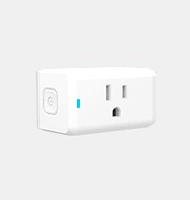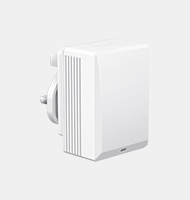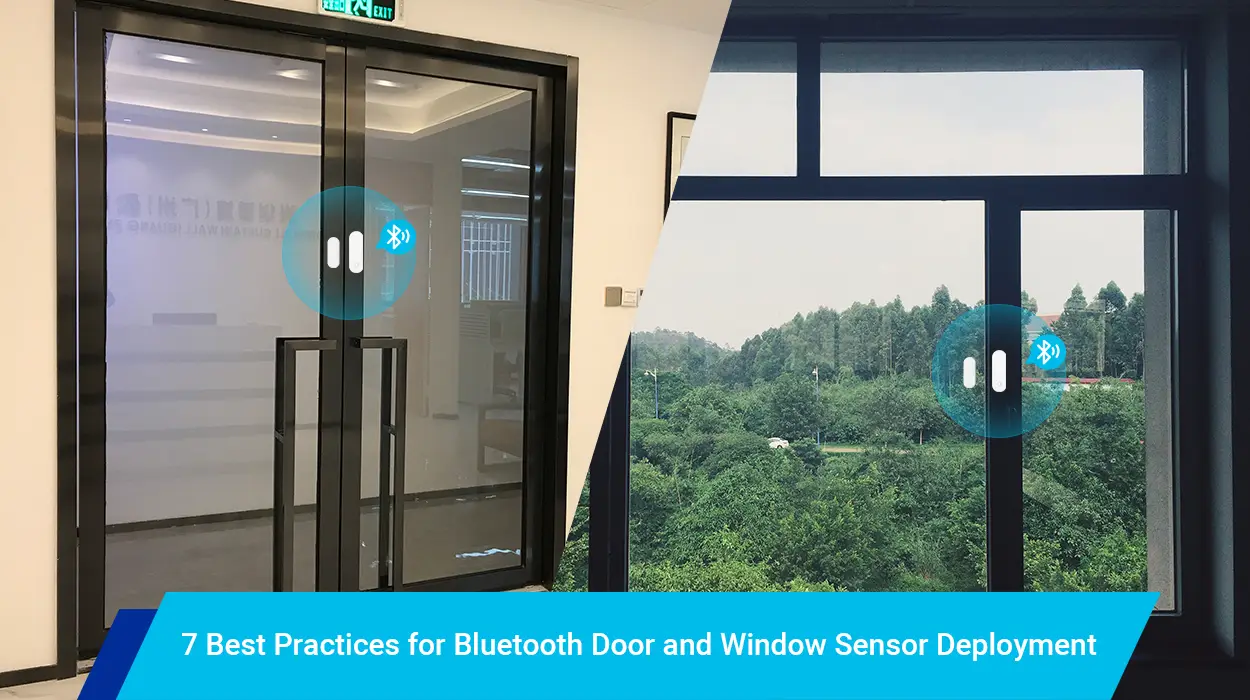Improved wireless technologies, namely Bluetooth and RFID, have greatly enhanced the ease of connection and sharing of information. When combined, they offer several benefits that are beneficial in multiple industries and applications. Recognizing the growing importance of location tracking in various industries like healthcare, logistics, and retail, businesses are increasingly deploying Bluetooth RFID tags for powerful wireless communication and tracking. This blog post delves into the concept of Bluetooth RFID tag, their extensive applications and advantages, and the challenges involved in their implementation.
Combining RFID and Bluetooth LE
RFID (Radio Frequency Identification) technology uses radio waves to track the location and identify objects or people. It consists of a tag or transponder and a reader or scanner. The tag contains a unique identifier that is transmitted to the reader when it comes within its range.
Bluetooth Low Energy (BLE) technology, on the other hand, is a wireless communication protocol that facilitates low-power, short-range communications between Bluetooth-enabled devices.
The two distinct technologies present unique benefits, and their combination can lead to even more versatile and powerful wireless solutions. Traditional RFID tags require a dedicated reader to collect data, while Bluetooth RFID tags allow direct communication with Bluetooth-enabled devices. In addition, the data collected by these tiny devices can be transmitted via Bluetooth LE to a central system for analysis and decision-making, bringing a new level of convenience and efficiency to location tracking across industries.
What is Bluetooth RFID Tag?
Bluetooth RFID tag is a type of Bluetooth device that is integrated with RFID technology. It is designed to identify, track and manage people and assets. These tags feature electronic storage of unique identifiers that enable seamless tracking and identification. By attaching them to equipment, vehicles, boxes, or other entities, businesses can track the movement, location, and status of their assets continuously. Moreover, the tag’s real-time monitoring technology allows for instant insights on asset location, empowering businesses to optimize their operations and minimize costs.
The wide applications of Bluetooth RFID tags
Without a doubt – location tracking demand are on the rise, and there are statistics that confirm this. Research shows that the global smart tracker market is expected to reach USD 519.6 million by 2028 – a massive jump CAGR of 13.3%. As one of the Bluetooth smart trackers, Bluetooth RFID tags have revolutionized the way we manage location tracking. Below will show you some typical use cases.
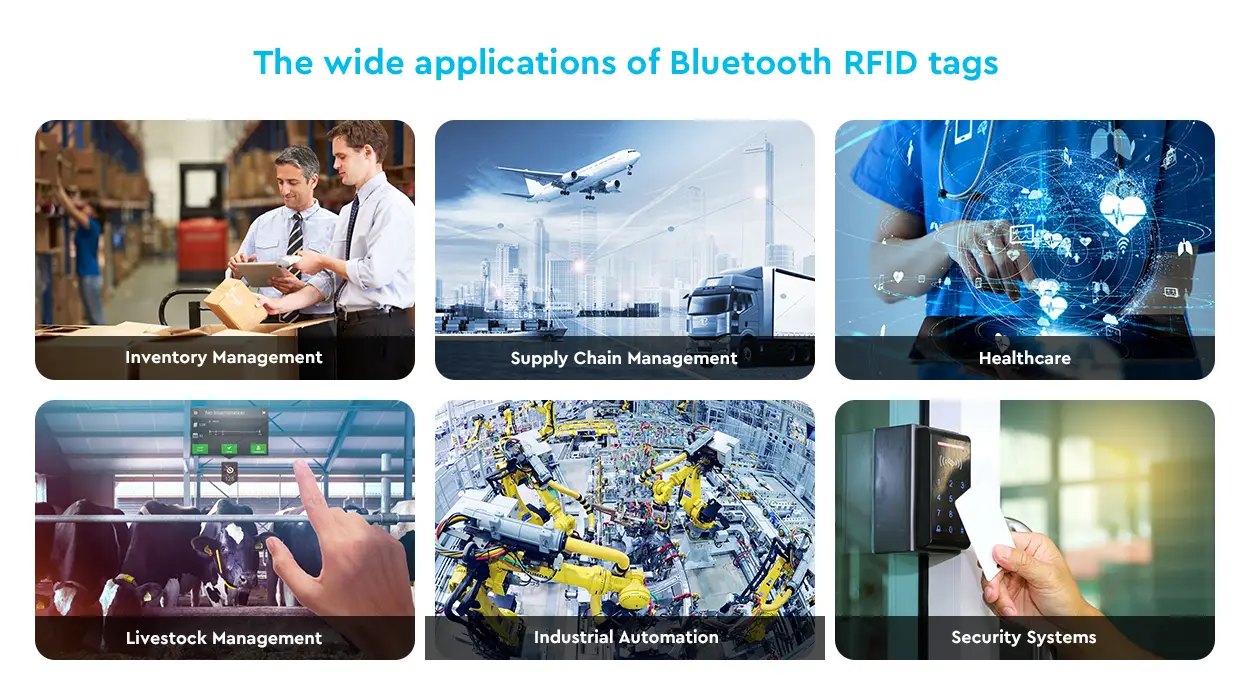
Inventory Management: Bluetooth RFID tags can aid retailers in tracking inventory levels and locations, facilitating quick restocking when needed. Meanwhile, effective tracking and management of inventory help reduce stock-outs and overstocks.
Supply Chain Management: The scope of supply chain management can extend to the tracking of goods and delivery vehicles while they traverse through the entire supply chain network. This improves logistics efficiency by providing real-time visibility and enabling faster, more informed decision-making.
Healthcare: Bluetooth RFID tags can help hospitals and clinics in tracking medical equipment, ensuring that critical resources are accessible promptly. These RFID beacon tags can also be utilized to track patients’ movements, providing valuable data to improve healthcare outcomes.
Livestock Management: RFID tags can be used in the livestock industry to track and manage animal movements between different locations and keep their medical records. Livestock management is another area where Bluetooth RFID tags can be used to track and monitor animals’ movements, health, and behavior.
Industrial Automation: Bluetooth RFID tags can also aid in automating industrial processes by tracking tools and equipment, regulating inventory levels, and optimizing production processes. Real-time data enables manufacturers to identify inefficiencies and improve operations.
Security Systems: Besides offering tracking capabilities, Bluetooth RFID tags can assist in access control systems. By monitoring restricted area access to authorized personnel, reducing the risk of unauthorized entry in security systems.
Benefits of using Bluetooth RFID tags for location tracking
The deployment of Bluetooth RFID tags in location tracking offers numerous benefits. From improved inventory management to personnel location and flow monitoring, there is a lot to gain. Here are the top benefits of adopting Bluetooth RFID tag solutions you can hope to enjoy.
![]()
Improved inventory management: Bluetooth RFID tags provide accurate and efficient tracking of inventory, reducing the time and effort required for manual inventory checks. Real-time tracking helps to better manage inventory and reduce stockouts.
Real-time tracking and monitoring: With Bluetooth RFID tags, organizations can track the location and status of their assets in real-time, leading to improved operational efficiency. For misplaced or lost items, quick identification can reduce the risk of theft or loss.
Increased efficiency and productivity: Bluetooth RFID tags allow organizations to automate asset tracking and streamline asset management, leading to increased efficiency and productivity.
Cost savings: By using Bluetooth RFID tags, organizations can reduce the costs associated with manual tracking and inventory management.
Reduced human error: With Bluetooth RFID tags in place, the requirement for manual data entry is negated, thus lowering the chances of human error and ensuring precise data measurements.
Considerations for selecting the right RFID beacon tags
When it comes to selecting the right Bluetooth RFID beacon, several factors should be taken into your consideration. It is essential to select a beacon with the appropriate range for your needs and to ensure that it is compatible with your existing systems.
Additionally, battery life and durability are crucial considerations, as these tags are often used in harsh environments and need to withstand wear and tear. Buyers should also consider the cost of the tags and their software compatibility.
- Range
- Battery life
- Durability
- Compatibility
- Battery life
- Cost
By carefully considering these factors, businesses can select the RFID beacon tags that are best suited for their specific needs and requirements.
Why choose RFID beacon tags from MOKOBlue
MOKOBlue is a leading manufacturer of Bluetooth smart devices with various products to suit different applications. Our Bluetooth RFID beacon tags offer advanced and stable performance, reliable technical support, and continuous after-sale services. The prominent advantage is that we offer various customization services, including logo, package, firmware programming, and more.
- Excellent battery life, from months to years, depending on usage
- Withstand harsh environments, ensuring durability and longevity
- Compatible with a wide range of devices
- Provide user-friendly software that enables easy integration
- Customization, tailoring specific beacon tags to suit their needs
… …
With various Bluetooth RFID tag vendors available, you may be dazzled to choose one for your business. Just contact our team to schedule a demo, and you will be surprised to get started with the hardware products MOKOBlue offers.
The great impact of Bluetooth RFID tags on the industry
Despite the challenges to their adoption, Bluetooth RFID tags have the potential to revolutionize many industries. Real-time location data offered by these devices can enhance decision-making and effectiveness, with indoor and outdoor compatibility, thereby making them versatile for multiple applications. As the technology improves and becomes more affordable, we are optimistic to see more businesses and organizations adopting Bluetooth RFID tags for location tracking.
In conclusion, Bluetooth RFID tags offer many advantages for location tracking in various industries. They combine RFID technology with Bluetooth Low Energy (BLE) technology, providing real-time location data both indoors and outdoors. While there are some challenges to their adoption, the potential benefits are significant. With technology advancements, we can expect to see Bluetooth RFID tags become more widespread in the coming years.
